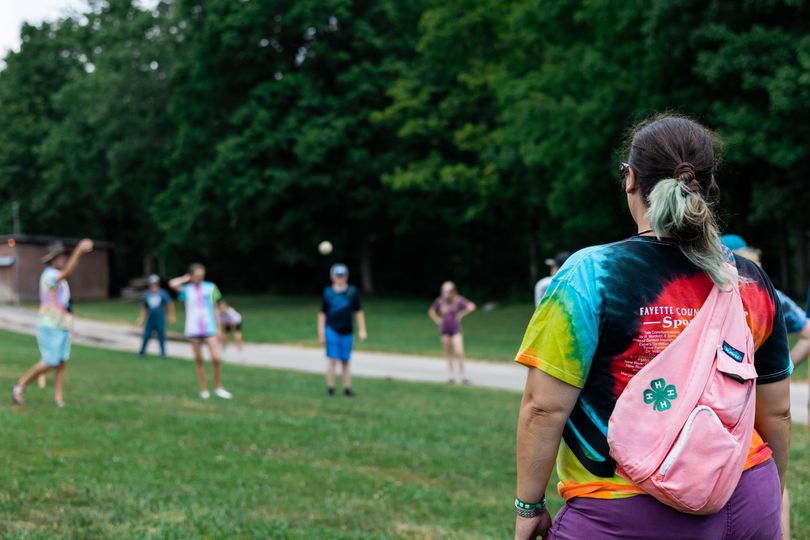Youth from across the state are headed to West Virginia state 4-H camps this summer.
There are countless opportunities for youth throughout the state to attend summer camp, from statewide to specialty county camps, and everyone is welcome.
WVU Extension offers five statewide camps. The new Camp Jump Start for youth ages 10 and 11 is a weekend camp that introduces younger campers to a statewide camping experience.
Junior Firefighter Camp for youth ages 14-17 provides classroom education and practical training to further students’ knowledge and skill in firefighting and emergency operations.
The Older Members Conference is open to anyone ages 14-21 to learn leadership and civic engagement skills by leading camp activities and discussing current issues.
Alpha I and Alpha II are also camps for anyone ages 12-21 where campers are divided into age-specific groups to participate in workshops and learn about teamwork and leadership.
Each county also offers some type of camping program for youths in their community, including day camps and overnight camps.
4-H membership is not required to attend camp.
Costs for each camp vary, but financial assistance is available for some programs. For more information about WVU Extension 4-H camp opportunities, visit the 4-H Camp website or contact your local WVU Extension office.
If you want to learn more about WVU Extension, visit their website or follow @WVUExtension on Facebook, YouTube, Twitter and Instagram.
